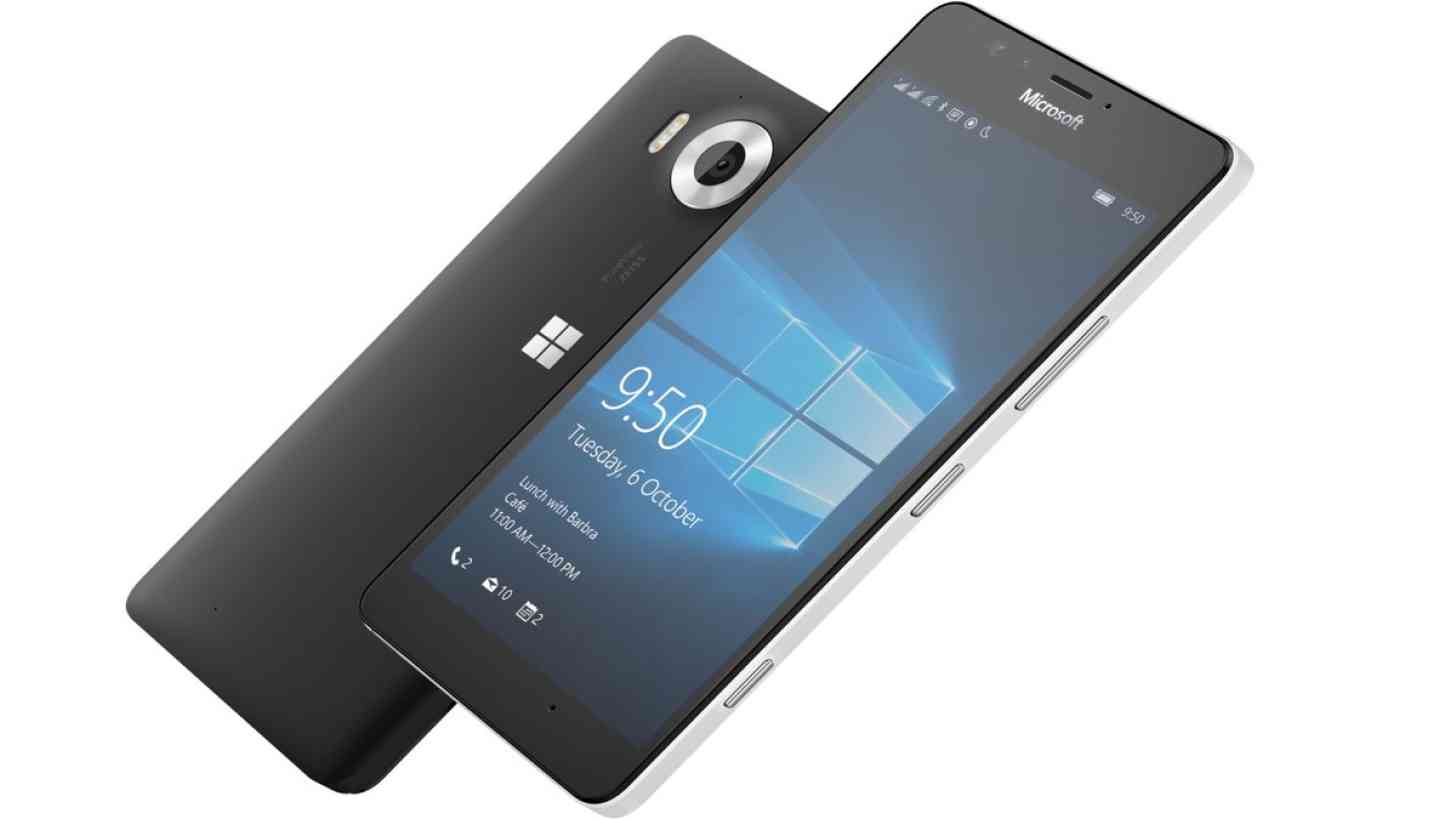
The smartphone industry has been in a duopoly between Android and iOS for quite a while now. With these two operating systems increasing their collective market share each year, leaving less than 4% of the market for other mobile operating systems in 2015, it’s a tall task to try and take on these two giants in the mobile industry. Still, where there’s a will there’s a way, and despite their troubled efforts in the past Microsoft is still attempting a shakedown of their own pursuit regarding Windows Phone (now known as Windows 10 Mobile).
I wrote an article a few of weeks ago asking whether Microsoft’s past troubles with Windows Phone will haunt their attempt with Windows 10 Mobile. After all, no attempt of Windows Phone has ever really gotten that far, whether it was Windows Phone 7, 8, or 8.1. Windows 10 Mobile, on the other hand, is supposed to be a somewhat radical change (but not unrecognizable) from past attempts, and will hopefully propel Microsoft’s market share in mobile forward.
I’ve been trying to hold out hope for Microsoft here, for a couple of reasons. I have always liked Microsoft’s take on Windows Phone’s design. Its minimalism works very well for a smartphone and a tablet, and I have always found it to be very straightforward and user-friendly. I am also not interested in being confined to just Android and iOS forever. While I like both of these platforms, I feel that a third option (or more) is important to have in our industry. With BlackBerry now heading in a more Android-ish direction (which I do think is a good thing, but a little sad in the fact that BlackBerry wasn't able to pull through on the general consumer side of things with BlackBerry OS), it’s beginning to look more and more like Microsoft is our last hope for a third viable mobile platform.
But so far I have very mixed feelings about Windows 10 Mobile and how things will ultimately play out for the new unified platform.
The Lumia 950 and 950XL are good flagships, even if only in the sense that fans of Windows Phone have been long overdue for a flagship at this point and practically anything would suffice (but I do actually think that the new Lumias are good flagships). Either way, it’s a good thing. Windows 10 Mobile has flagships, and that’s important (for Western society).
Windows 10 Mobile is also supposed to be unified with the rest of the Windows 10 family, which is also a good thing in the sense that the majority of Windows 10 users seem very happy with Windows 10 as opposed to Windows 8 or 8.1. Hopefully when people are told that a phone “runs on Windows 10 Mobile” it won’t be as likely to be greeted with an “Egh, no thanks,” simply based off of the negative reputation of its unpopular PC version.
Then we get to the real problem with Windows Phone, which was the app gap. I know it’s beating a dead horse at this point to mention it, but it’s important. I think most people are in agreement that this is a big reason why Windows Phone was a flop, so it’s an important topic to tackle when discussing the future of Windows phones and Windows 10 Mobile.
Microsoft has discussed big plans for better app development in Windows 10 Mobile, with one of the biggest announcements being that Microsoft had plans for tools that made it easier for iOS, Android, and web developers to rework their apps to work well on Windows 10 Mobile. However, while iOS and web developers have their tools, Android developers are left in the dark about theirs, dubbed Project Astoria.
According to Microsoft, Project Astoria is simply described as being “not ready”. Nobody knows when it will be ready, or even if it’s still going to be a thing. While I think Windows 10 Mobile is still a hundred, maybe even a thousand times better than it was even if it only has conversions of web and iOS apps, randomly deciding to leave Android out of the equation with no word yet as to why doesn’t look great.
Perhaps I’ve been looking at everything all wrong. I understand that Windows 10 Mobile is a new approach, and I suppose I shouldn’t expect for Microsoft to blow us all away in amazement with its first try. After all, it took Android years to get to where it is today from the “force close” ridden mess that it was just a few years ago. However, Microsoft has been around just as long – and even longer if you want to include the original Windows Mobile – and they’re still struggling to make it in the smartphone world.
I’m still rooting for Windows 10 Mobile. I really do want there to be a third viable platform for people to use. I think Windows 10 Mobile has a lot of good structure to it already, but we do need to see the app gap actually closed before getting our hopes up too much. There’s plenty of reason to hope, but still reason to be cautious. We'll get a much better glimpse at what to expect once the Microsoft Lumia 950 and 950 XL go on sale on November 20 and 25, respectively.
